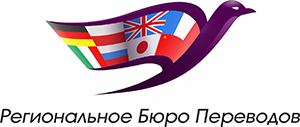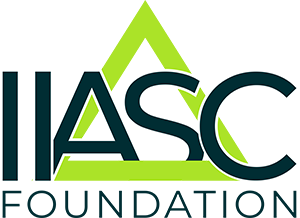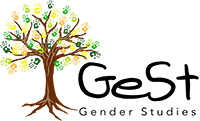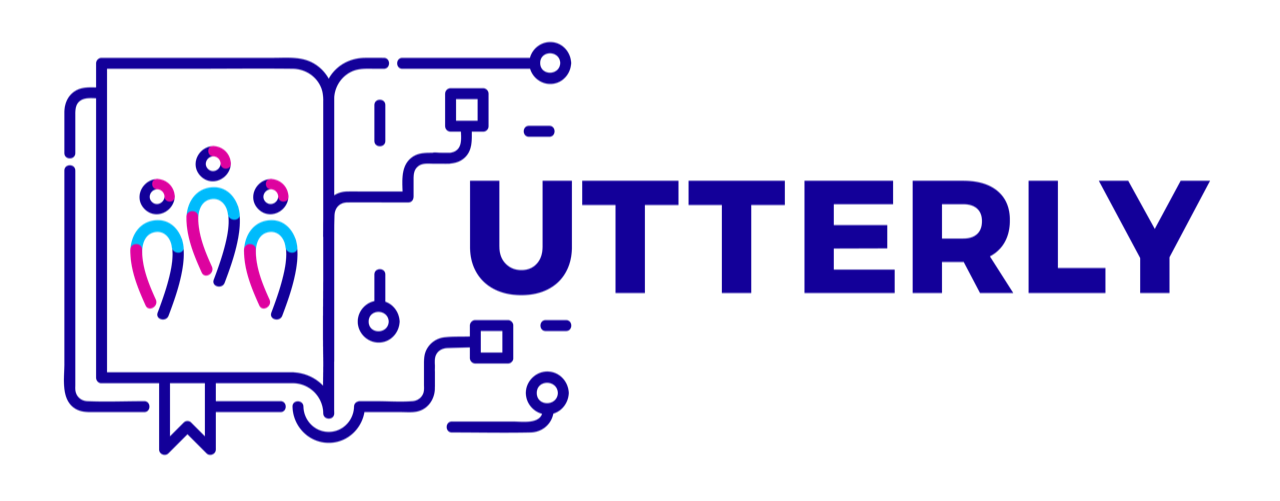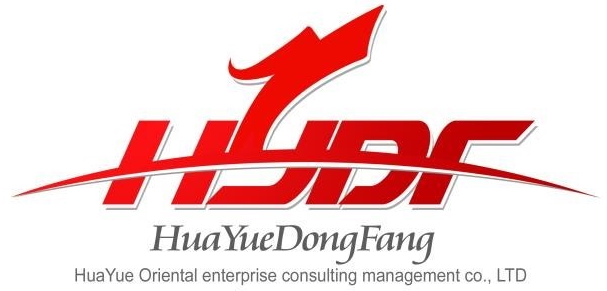Протягом п’яти тижнів спільної роботи студенти мали можливість працювати у змішаних командах, що стало основою розробки групових проєктів. Для реалізації COUL було створено Padlet для спільного використання учасниками проєкту та залучені інструменти онлайн навчання Zoom, Google docs, Telegram, Voki, HeyJen та ін.
Учасники проєкту COUL поділилися своїми враженнями про спільну роботу:
“To begin with, this project was really something new for me and helped me step out of my comfort zone in many ways and challenge myself. From the very first task of presenting myself through the creation of a video with AI, it was interesting and exciting, I learned a lot about various work platforms. Working as a team, we chose a topic and began to consider what interesting and necessary things we could present to everyone. We divided the work among ourselves, so everyone contributed to the project. Unfortunately, not all members of the group joined the work, but I would like to thank those with whom we walked this path together. It's really exciting to create on a large scale with new people, it's really motivating to develop to contribute part of yourself and your knowledge to such projects. Specifically, this education will definitely help me in the future; now, I am aware of many aspects of working with children with SEN, which will help me on my pedagogical path. Therefore, thank you for this opportunity to join such a promising project!” Daria Dorofieieva, USPU
“I quite enjoyed our collaborative work, and the overall experience was both engaging and informative. Since I’m not a very talkative person, it was challenging at first to get involved in group discussions. However, as we progressed, I ended up playing a bigger role than I expected. I became one of the key members who helped organize the work and keep everyone on track, which gave me a sense of accomplishment and helped the project flow.
It was also a pleasure to work with and get to know students from another city, Uman' and university, Pavlo Tychyna Uman State Pedagogical University This added an interesting dynamic to the group, and it felt rewarding to collaborate with new people. At the same time, I wish some of the students had been more active. While most of us worked well together, a few could have contributed too, and it might have made the project even better if everyone had fully participated.
A big takeaway for me was what I learned about teaching learners with different needs. Our own project on gifted and talented learners gave me insight into how to approach students who require a unique style of teaching, but I also gained valuable knowledge from the other projects we've explored. Learning about how to support students with communication and interaction needs, ADD/ADHD, dyslexia and autism, gave me a better understanding of the diverse challenges learners face and ways to teach and how to work with such children. These experiences expanded my awareness and mind, and I understand the importance of adaption teaching methods to suit the needs of different learners.
Looking at the bigger picture, this experience taught me a lot about teamwork, communication, and being adaptable in group settings. I realized that even though I’m not the most vocal person, I can still take on leadership roles by organizing and guiding the group’s work. The most valuable lesson I’ve taken away is the skills I’ve gained in managing collaborative projects, and I’m sure this will help me in future educational and life experiences. Thank you everyone for that :)” Nick Kalinichenko, NSU
“Our collaborative project on dyspraxia was a valuable learning experience that allowed me to gain new perspectives and deepen my understanding of the condition. Working with students from another university provided a diverse range of ideas and experiences, which enriched the discussion and outcomes of our project. By combining our individual knowledge and expertise, we were able to create a more comprehensive understanding of dyspraxia and its impact on individuals. The different backgrounds and experiences of the students involved brought a variety of perspectives to the table, leading to more insightful discussions and innovative solutions.” Nataliia Lepikhova,USPU








